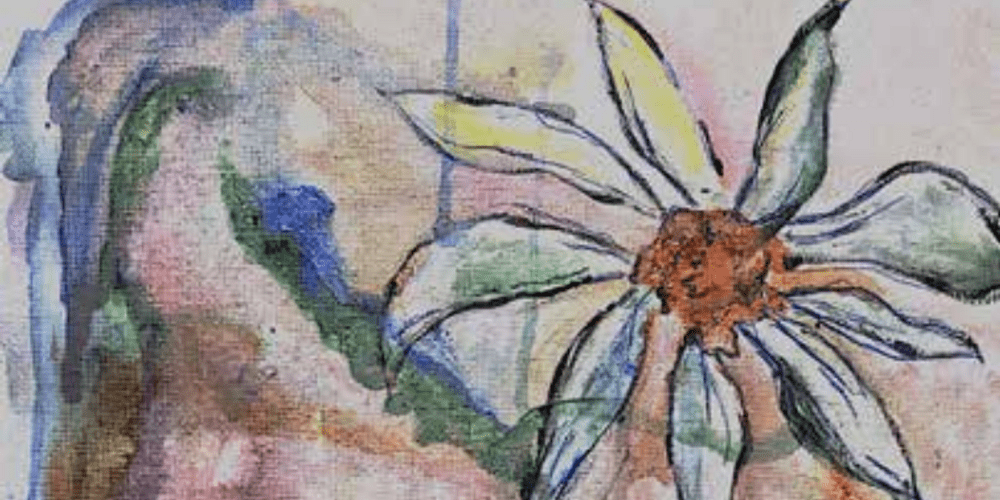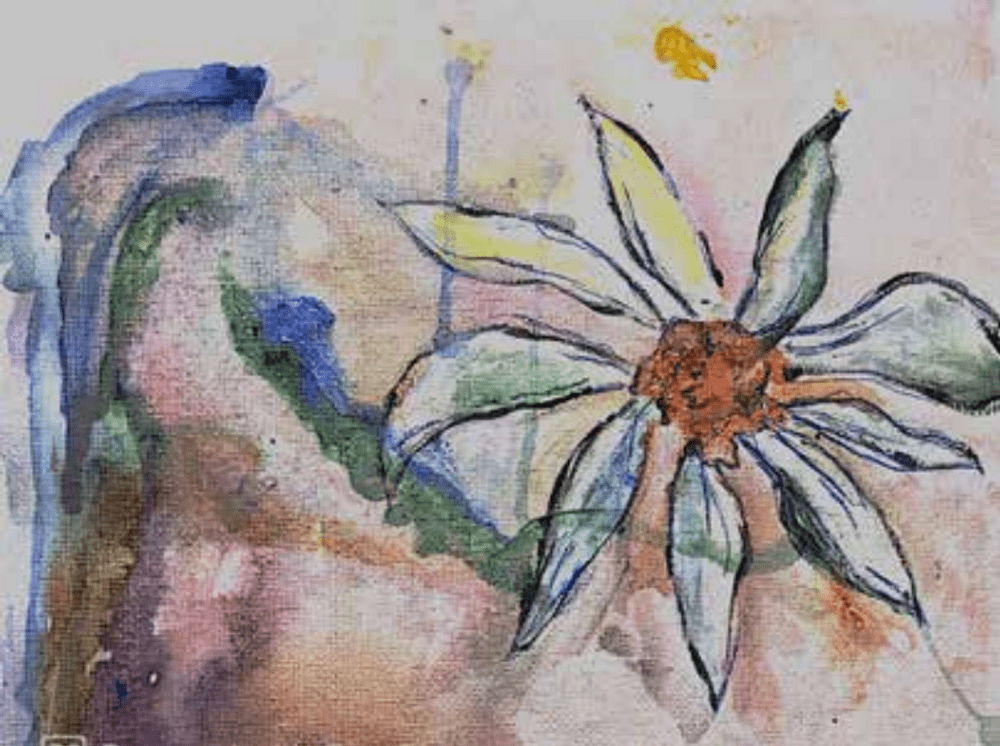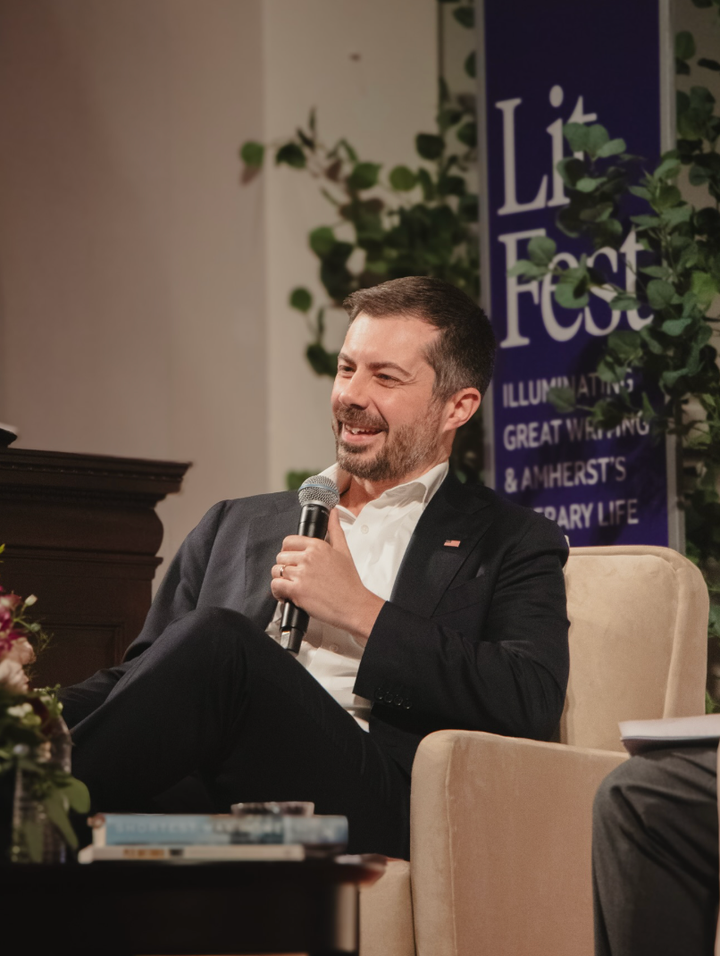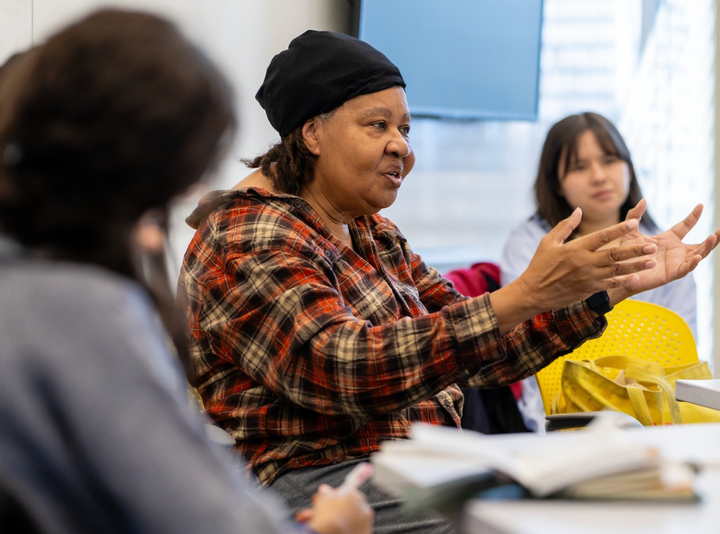The Indicator × The Student: A Prayer for Ella
Originally published in The Indicator's 2021 issue Ecologies of Care, "A Prayer for Ella" by Maggie Wu '22 is reprinted here as part of a collaboration between The Student's Arts and Living Sections and The Indicator.

This piece was originally published in The Indicator's May 2021 Issue: Ecologies of Care. See the full issue here.
Dear Ella,
Tonight marks three years. I think of you as I play the piano — you were my first teacher. I think of you when I see brown Converse — the shoes you wore. I think of you as I celebrate today — my college friend’s birthday, and cut cake slices onto tea trays. You know, I met her only a few weeks after I lost you. That the universe, or God, should paint such beautiful patterns into this canvas — it’s just wasted on someone like me.
As a child, I was an impulsive liar, excessively spoiled and self-reverential, and misanthropic to a sociopathic degree. Rarely did I bestow a compliment, let alone a kind word, on my peers, whom I found to be of inferior, frivolous intellects. It did not help that I was afraid of heights and had weak arms, so I could not join the girls in my class as they played on the monkey bars at recess, nor did I like to run, play tetherball, wallball, or do the other humiliating exercises that they enjoyed. From the sidelines of the playground milieu, I looked at their sweaty, pasty, underdeveloped faces as they shrieked about Disney channel shows that I had not watched, and I both envied and hated them.
I did not take naturally to other people, nor know how to love them, yet I desired to be loved. I did not understand what was wrong with going up to a classmate and saying that they were “annoying” or insulting another one’s outfit — from a young age, I had a proclivity towards candor over opiate pleasantries. I was rather a debased little glutton.
Still, my disdain could not possibly have extended to you. You, like a lantern in the dark, with your bushy, aureate head and sunny disposition — I saw you on the first day of second grade and I knew that I just had to be your friend — the other new, short girl. You, who showed me kindness when no one else did — was it because you loved me or because of your God? I remember your extreme fidelity, your refusal to sing the “Dreidel” song during the holiday assembly because you weren’t Jewish. And when we were supposed to bring five items that represented us in a paper bag to class, you brought your silver cross necklace: “I am a big Christ fan,” you unabashedly proclaimed. “When I was a kid, I wasn’t supposed to survive — I was born too little. I had to get seven surgeries and I almost died several times. But through God’s love, I am still here.” That was the first time I heard about your beginnings, your sufferings. You were the first person I knew who believed in anything.
God, you loved God. Your faith was blazing, you were so much better than any of us.
After all, what does a seven-year-old in white Suburbia need God for when everything we wanted was right in front of us, or available with the whisk of our parent’s credit cards? What is self-abasement to a new stuffed animal, what is suffering when we endured nothing? For your 10th birthday, you asked us all to give you old shoes so you could donate them to orphans in Haiti. I couldn’t understand why you didn’t want anything for yourself, so I got you something anyway. At night, I think about us at summer camp, of how you wrote me a jingle to help me learn how to climb out of my bunk bed and conquer my fear of heights. God, you were so much better than us. Even back then, you were so much better.
Still, I hate your God, and your blind faith.How dare He write you a beginning and fill you with light and devotion, how dare He leave you unfinished, barre you from the best years — your college years. He cut you off in the middle of a sentence, you were here, ordering your cap and gown, and then you were gone; you never got to walk. How dare He, choking you in the hospital bed — I wonder if you died on an inhale or an exhale. I wonder if you died with God on your mind. Did you realize that it was all a ruse, or did you see the gates of Heaven?
And selfish, shallow me; silly, wicked me, who is evil and undeserving of living, was rewarded with the college acceptance season of my dreams. When you died, I had gotten everything I wanted in an Amherst acceptance letter, and I was bopping off of the walls as you were lain to rest. And when they told me you died, I didn’t shed a tear, because nothing could dampen the high spirits of reaching my dream. And all I could think about was how you weren’t there to share in my reverie and superiority.
So here was the truth: no Christian God would do what he did to you and spare and reward me. I mused and mocked the religion that had sustained you and, by association, me. Camus, who you abhorred and I loved, became my solace as I stumbled back into the halls after spring break, to sit next to the vacant seat you once sat in English and History, to look into my teacher’s eyes and know that they would never hold your hand as you waited to get your diploma. At your memorial, I performed with the rest of our string quartet, though the second viola now played your part. And I had an utmost wicked thought that finally — finally — that one teacher who thought I was bad at everything would finally see that I was great at violin. Only then did I sob, not only because I missed you when I saw a photo of us in the slideshow, but at my vile selfishness.
After a long winter, the crocuses usher in the warm tresses of springtime. Like so, the gentle indifference of the world moves on; only we keep you in our memory. It’s spring again, and again, and again, and I think of you each time, and lips that once shouted your name
in the hallways have since whispered it in the dark, and will soon forget the shape of it altogether. You live an eternity in March, and I see the careless beauty of the daisies bloom, every year, without you. You never made it to April.
And the space you leave, the pastel, muted, perennial space that you leave--the murmur of melancholy forever staining the edges of my consciousness like watercolor — the universe may not care for you, but I do, my friend, I do.
Fondly,
Maggie






Comments ()